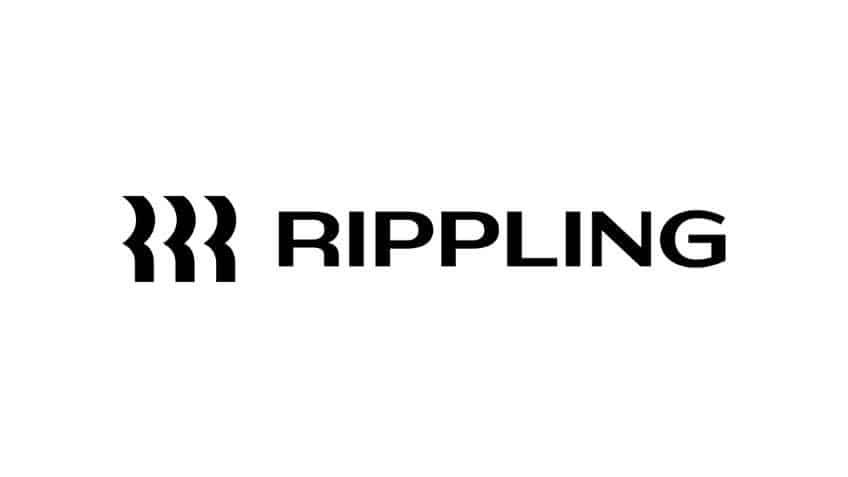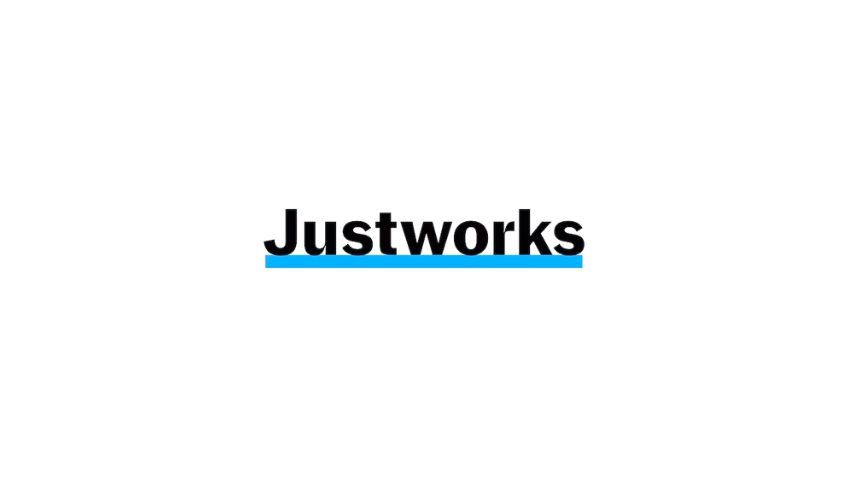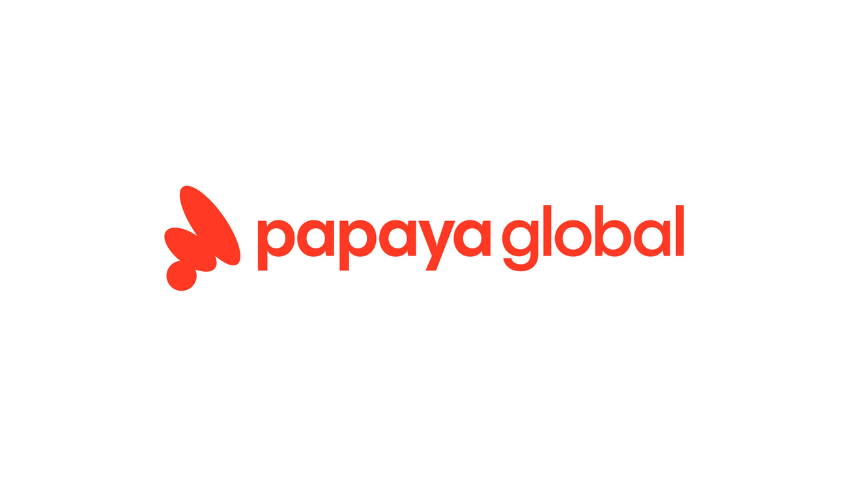You’re reading this because you think you need to outsource your employee management services. The truth is, you probably don’t. The only exception might be if you’re in a high-risk industry with a lot of potential HR issues. But that’s it.
For everyone else, I don’t recommend outsourcing to a professional employment organization (PEO) because they’re rigid, expensive, and unnecessary for 99 percent of businesses. You can easily do what PEO service providers do, even if your business is super small or operating in multiple states. All you need is the right payroll software.
The Best PEO Services if You Want a Quick Answer
If you’re set on outsourcing to a PEO, there are dozens of choices. They’ll all help you in some way.
Which one is the “best” depends on your business, your team, and how well you work together. These are things I cannot possibly know.
What I do know is which of the current PEO service providers rise above the noise of their competitors. Each has strengths that make them among the best in the industry. They are all worth considering if you really want to add a PEO to your business team.
- Rippling offers strong technology, automations, robust reports, and tends to be more approachable and affordable for smaller, growing companies. You can also stick with Rippling if you later decide to bring your HR in-house.
- Justworks focuses exclusively on PEO services and it has grabbed a huge segment of the market in the past few years. They’re good at what they do and clients of all sizes love them. They’re doing something right.
- Papaya Global offers US-based PEO services, plus international EOR services in more than 160 countries. They make sense if you have a global growth trajectory.
I’ve Never Used PEO Services–Why Should You Trust Me?
I already mentioned that I don’t use a PEO and never have. So what makes me the expert in telling you anything about PEO?
I’ve been hiring and paying people for a long time. I’m not a freelancer who’s never written about HR before. I am deeply embedded in HR at the company I co-founded. I walk the talk.
I have also made it my mission to know everything there is to know about managing people. I’ve read HR textbooks from cover to cover, and learned more about HR software than I ever wanted to know.
I also know how PEOs work and have seen the impact the wrong choice of service provider can have on your employee morale. I know first-hand how easy it is to manage HR on your own. It’s way cheaper that way, plus you don’t give up control.
Even when your business grows and you’re ready to bring on an HR professional, they will help you put together your policies and systems for hiring and managing people. Even if you never get to that point, you can always consider HR outsourcing instead to manage things like compliance, payroll budgeting, etc.
So why am I the only voice out here saying you don’t need to go the PEO route? Because I’m not here to get you to click on affiliate links to make money. I don’t care about that. I care about telling you the truth based on my own experiences.
Why Rippling Is Worth a Closer Look for Small and Growing Companies

Rippling leverages tech in a big way to make HR-related tasks a very user-friendly and powerful experience.
It does a very good job of bringing together all aspects of employee management into a suite of apps that are streamlined and intuitive. Clean, simplified, easy to use. It’s a great option for startups or small businesses–any business where one person is wearing many hats and doesn’t have time to learn a complicated tool, yet wants the power a robust tech platform brings.
Rippling makes things even easier with a lot of workforce automations. You can automate routine manual tasks like onboarding and approval processes. This saves time and lets you focus on running other aspects of your business.
Reporting is also really easy on Rippling. You can run reports in real-time, schedule recurring reports, and even auto-distribute recurring reports. The reports themselves are clean, comprehensive, and easy to understand, too.
All of this is true whether you use Rippling’s PEO services or not. Which is another selling point. You can start with Rippling’s PEO services, and if you reach a point where you want to bring all your HR in-house and do employee hiring and management on your own, you can easily make that transition and stay on the same platform.
Pricing is also a big consideration, especially for startups and young businesses. Rippling starts at just $8 per month per user for its HR platform, making it super-affordable for even the smallest of small businesses.
Rippling isn’t clear how much its PEO services cost, though. You need to speak to someone on the Rippling team for that information.
Overall, though, I think Rippling is a good choice for startups and smaller, growing businesses.
Don’t Care as Much About Tech? Look Into JustWorks

Sometimes less is more. Justworks focuses exclusively on 360 degrees of employee management. PEO on the U.S. side, EOR for 100+ other countries.
Justworks is a stark contrast to Rippling’s tech-focused platform that makes everything but the kitchen sink available to users.
But sometimes you just want a PEO service that works. One you won’t have to think about much, if at all. It’s all a matter of personal preference.
So what makes Justworks a solid PEO option?
It gives you everything you need in one tool, including employee benefits, automated payroll services, compliance support, and HR tools and integrations to help you streamline admin tasks. There’s even a time tracking feature that let’s employees log time on the web, their mobile device, and even Slack.
The user dashboard is clean and uncluttered. It’s easy to find the information and functions you need, and equally easy to drill down into the details.
In the 12 years since Justworks debuted, it has grabbed a lion’s share of the market, especially small businesses. Justworks does PEO and EOR really well, without any flash or extra features you don’t need right now.
Pricewise, Justworks is affordable, too. It offers two tiers of PEO service. Its basic plan includes payroll, benefits, HR tools, and compliance for $59 per month per employee. If you want to add medical, dental, and vision insurance, the price jumps to $99 per month per employee. Both plans offer a $10 per month per employee price reduction when you have more than fifty employees.
If you’re in the market for a no-frills approach to PEO, definitely check out Justworks.
Papaya Global Offers PEO and EOR Services for Global Hiring

Have plans to expand to a worldwide workforce? Papaya Global is an option to consider.
Like Justworks, Papaya offers PEO and EOR services. The difference is that Papaya bundles them under one umbrella offering they call “global PEO” services. Rather than distinguishing between domestic and international, Papaya’s services are global from the start.
Papaya’s reach extends to over 160 countries compared to JustWorks’ 100+. Depending on your current roster of international hires–or your plans for future expansions–that extra 60+ countries might make a difference.
Papaya has in-country teams of experts on the ground in all the countries where it offers its EOR/global PEO services. These people have deep knowledge of legal and compliance issues for their respective locations.
Papaya has a built-in payment processing system that includes the 14 most popular global currencies. Whether you’re paying employees in USD, EUR, GBP, CAD, NZD, AUD, HKD, SGD, AED, CHF, SEK, CZK, or PLN, Papaya can do it with ease.
Paying in other currencies is supported, too. You can do it easily with Papaya’s local wallet feature. You can fund it and pay in whatever currency is required.
Papaya works for contractors and employees. So if your workforce is a mixed bag of the two, Papaya consolidates everything in one tool. That makes your life a lot easier.
If you’re going global–or already have–Papaya can help you manage a distributed workforce.
PEO vs EOR–What’s the Difference?
PEO and EOR are not interchangeable terms. Some providers will use them interchangeably, but there are distinctions you should know about.
- PEO (Professional Employment Organization) – an entity that uses a co-employment model to hire and manage people within the United States. In this arrangement, you and your PEO share employment-related liabilities.
- EOR (Employer Of Record) – this entity takes on all employer responsibilities on your company’s behalf and functions as the employer of record for new hires. You retain an EOR to hire and represent you in foreign countries where you do not already have an established presence.
What About Big Names, like ADP or TriNet?
ADP and TriNet. These companies are the dinosaurs in the employment services industry. Like the brontosaurus, they’re huge but notably slow and unable to keep up with their more agile competitors in the ever-changing PEO and EOR landscape.
Sure these companies enjoy name recognition. But being well-known does not equate to a great experience for customers.
I have a friend who’s been on the employee side of ADP’s PEO services. It has been a painful experience. When they needed a copy of an old W-2, it took over a month for ADP to get it to them. True story.
Outdated software, weak customer support, and slow processing times make for a frustrating experience all around. I doubt my friend’s situation was unique.
These companies aren’t bad, per se. They might even be great for mammoth companies with tens of thousands of employees. But there are more modern, agile options if you’re not Dell, Amazon, or the Boston Globe.
What Really Matters when Choosing a PEO Provider
The bottom line is nobody can tell you which PEO service is best for you. The right one depends on factors nobody but you can evaluate.
How well do you work together with your PEO? Do your processes and principles align? Do you trust them?
That last question is probably most important, because when you hire a PEO you have to forfeit some control to them. If you don’t feel good about the situation, you won’t see much success.
I recommend asking about the following specifics when you get into one-on-one discussions with any PEO provider.
- Benefits
- Onboarding
- PTO management
- Employee support
- Employee portals
- Payroll deposits
You should also find out what will be required of you in the relationship, what their customer support includes, and what makes them different from the rest.
I won’t pretend I can pick the best option for you. Only you can do that.
What I can do is help you understand the differences among market leaders, so you can choose the one that best aligns with your business.
